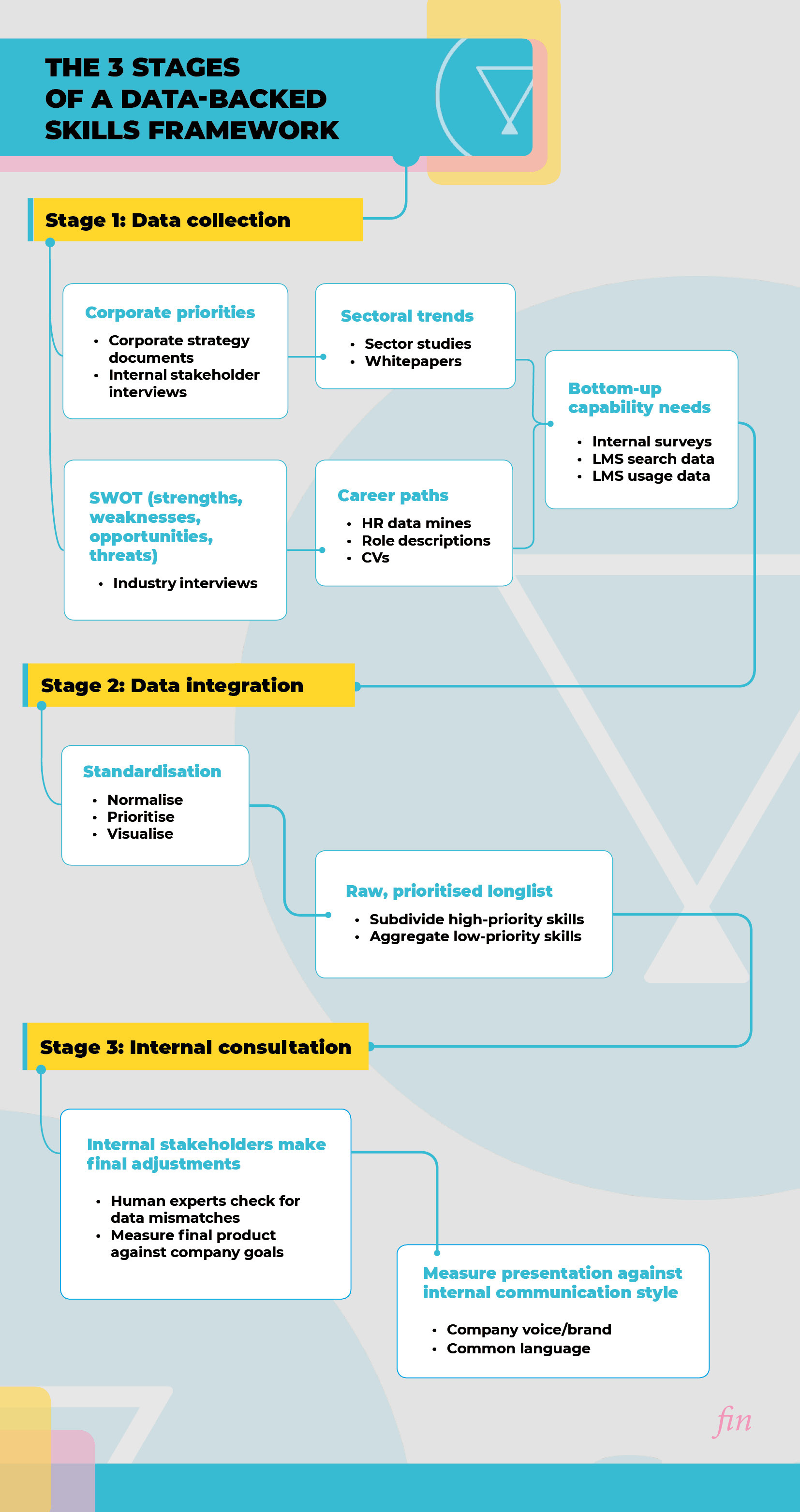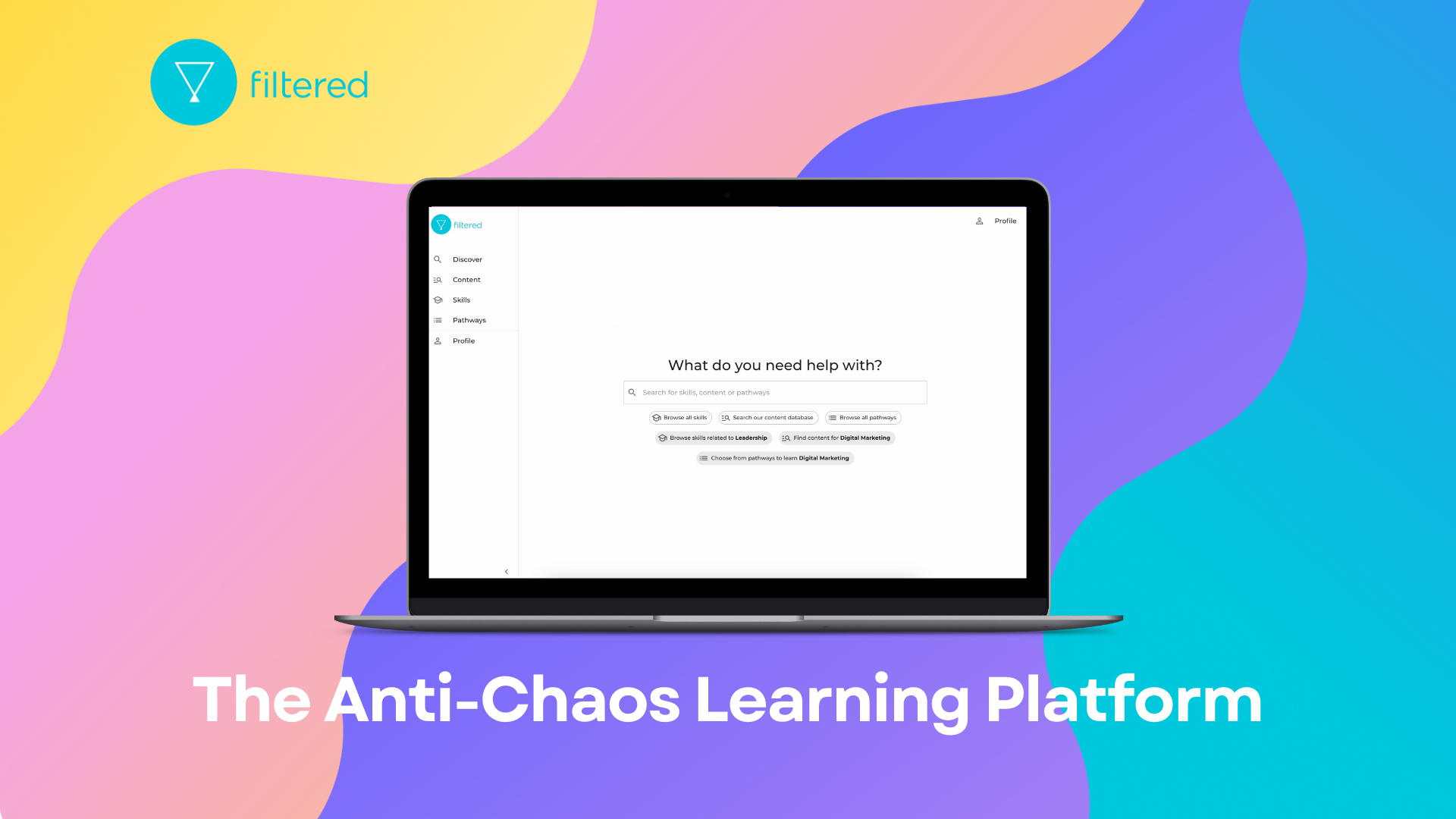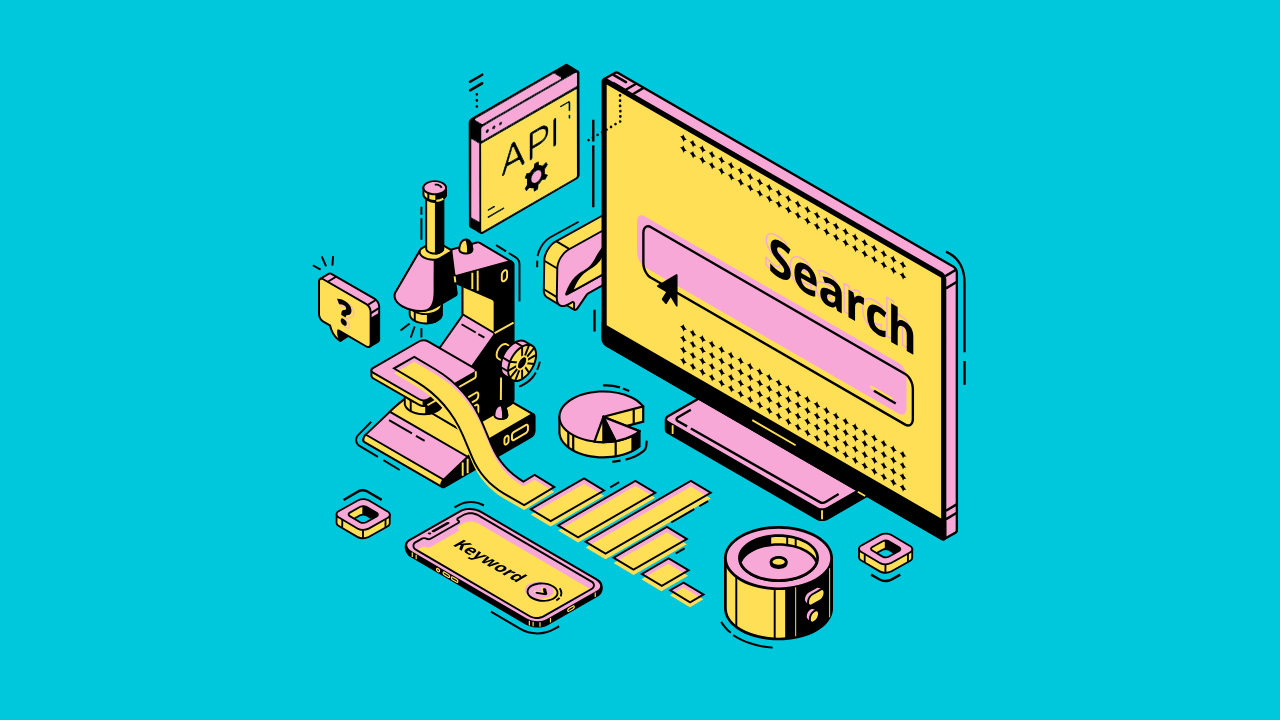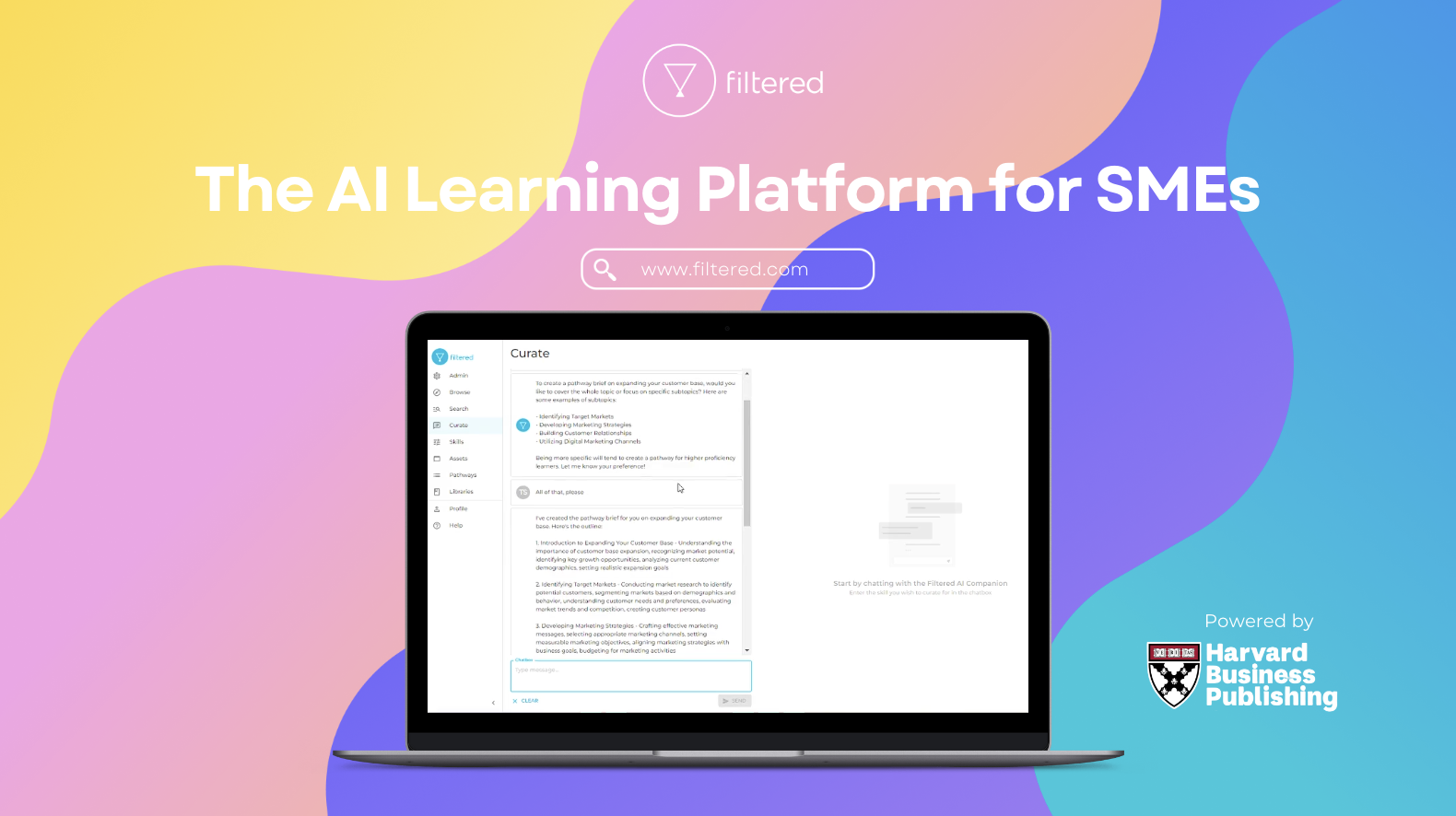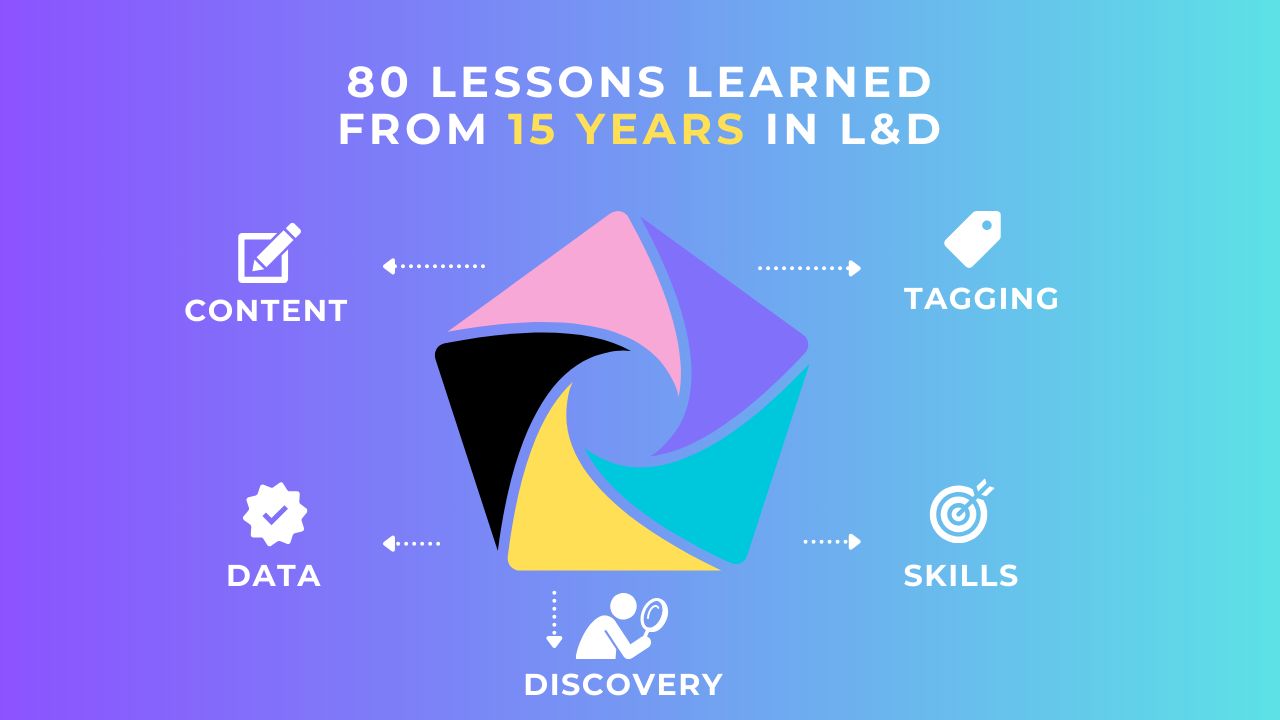Need a hand putting it into action?
In most organisations the skill framework doesn’t exist, doesn’t reflect reality or is too complex to use. We know it can be daunting to create or fix!
Our team have been there many times. We've helped change the skills landscape at GlaxoSmithKline, Heineken and many more. Book a free skills assessment with the team and they'll help you draw up a free action plan for your skills framework.
The problem with skills frameworks
Whether you call them skills, competencies or behaviours, the frameworks for describing what your people need to know and do at work have become far too complex. In most large companies, time and money are wasted on complex, static, multi-layered frameworks.
Often based on no more than surveys and committee judgments, these legacy frameworks are rarely put into practice. External consultancies are brought in to help, but their frameworks are often too generic and unwieldy to keep up with the capabilities that matter in an evolving market.
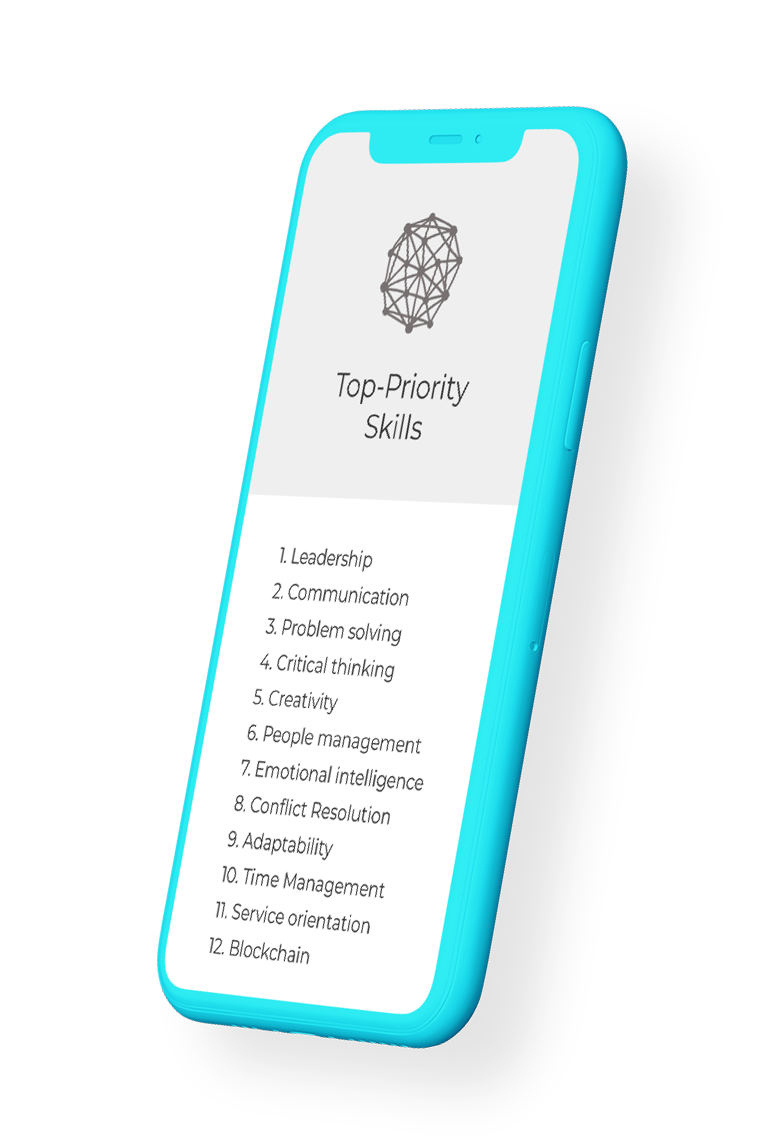
Benefits of having an effective skills framework
.png)
The backbone of learning
Skills is the common currency. People and roles are described in terms of skills. Learning assets and content is described in terms of skills. So the backbone to your learning system is skills, which underpin capabilities which support the overarching goal: the business change.
.png)
Inspire better work
A skills framework needs to fit your company’s current and future priorities. By having a skill model tailored to the world your organisation lives in, its personality traits and its technologies you can align individual career growth with organisational strategy in real-time.

Future-proof content strategy
Your skills framework can become the means by which you measure all learning content - libraries you’ve bought, libraries you’re considering, content you’ve produced yourselves, the web (all of which can be located in your LXP). That data should underpin your skills and content strategy.
